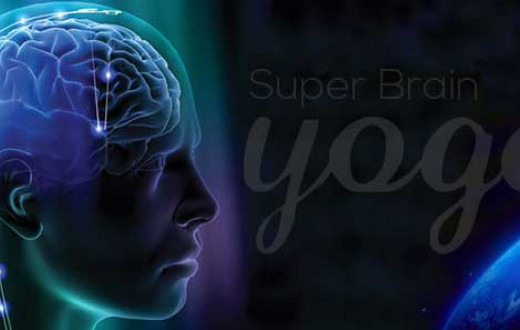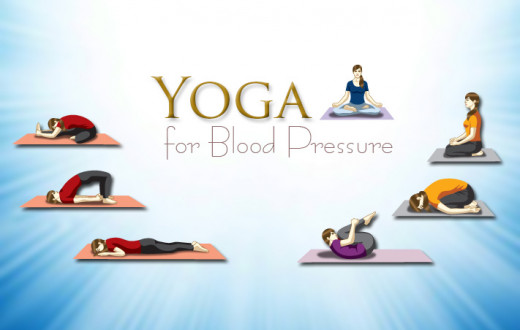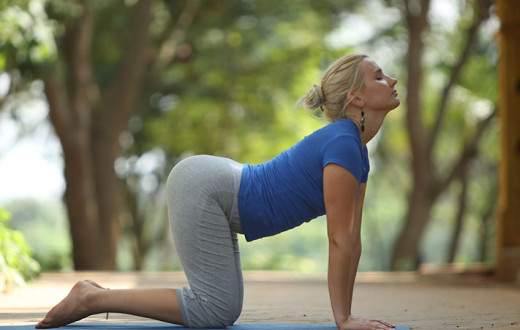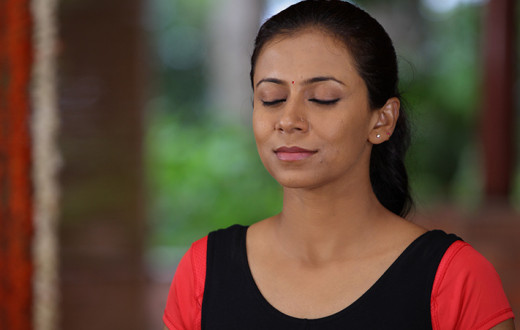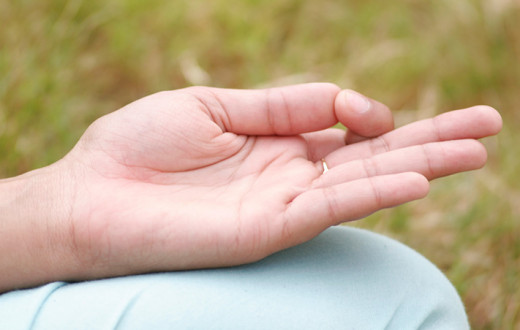By Sri Sri Netra Jyoti┃Posted: February 10, 2019
They say the eyes are a window to the soul. While that’s true, our windows do so much. The burden we place on our eyes is tremendous, starting with an overexposure to gadgets from a young age. Keeping the eyes healthy and strong is simple - as long as we understand how our eyes work, and how our lifestyle impacts them.
Presenting the first of a three-part series that will help to start you on a journey toward healthy and strong eyes, Dr. Padmalochan shares insightful tips, debunks many myths and helps us understand the functioning of our eyes. Heading the Sri Sri Netra Jyoti department, Dr. Padmalochan has amassed an impressive body of work for the past 11 years.
An interview with an expert
Q: Today's lifestyle is dominated by the computer, television and the mobile phone. What are the consequences of this on our eyes? How can we keep the eyes healthy and strong?
Dr. Padmalochan: Yes, that’s very true. There are many things that one can do to keep the eyes healthy. These practices are very simple to follow.
Keep the computer screen below eye level. Adjust the contrast on the screen. If possible, make it zero with minimum brightness. Nowadays, people are addicted to high contrast and maximum brightness. Everyone is using the LED screen. Unfortunately, LED lights are very harmful to the retina. It’s extremely essential to use a good quality screen, especially since the usage is so high these days.
I would also recommend proper lighting when working on a computer. Avoid using a screen in dim light or at night. Instead of quiet/low light, use halo light.
Everybody must do palming exercise for the eyes. Just rub your hands and immediately put them on your eyes. Imagine complete darkness in front of you, like it's night time. Sit for five minutes and repeat the process. This is a very relaxing exercise and takes care of the eyes, naturally.
It’s best to restrict television viewing time to 15 to 30 minutes, especially for children. Also, sit at a distance which is at least ten times that of the screen size. Rest your head on a sofa and keep the eyes relaxed, half open. When the eyes are half open, the eyes tend to blink normally - which is once every five or six seconds. Sometimes, we’re so engrossed in watching something that we forget to blink our eyes.
Lastly, keep gadgets away when sleeping. If you can’t do so, then put them on airplane mode. This will reduce the radiation coming from them.
Glasses for everyone
Q: Nowadays so many people, even children, have started wearing glasses. Could you tell us something about this? Is it difficult to get rid of spectacles?
Dr. Padmalochan: Let me tell you, the number will keep increasing if someone starts wearing glasses. Why? Your eye muscle doesn’t need to work as its dependent on glasses. So the muscle becomes weaker, and the number increases further.
Sometimes the glasses are required to view objects that are far away. However, the doctor might ask you to wear the glasses all the time. The spectacles meant for distant viewing are used to view objects that are close-by. What happens? The eye is further strained, increasing your number.
After you start wearing glasses, 90 percent of the eyeball movement is stopped. Usually, you turn the eyes sideways when you want to view an object that is on the side. However, you turn your head around with glasses, for the same action.
I think we’re straining the eyes even more with spectacles. Instead, we’ve developed exercises and treatments to relax the eye muscles. Gradually, the number of problems will come down. We’re getting good results within an age group of 21 years. After 40 years, we can reduce the number of people with reading glasses.
The views in this Q&A belong to the individual. Part 2>>
Sri Sri Netra Jyoti is a unique research center that combines modern diagnosis of eyesight problems, ancient pulse diagnosis and specialized Ayurvedic medicine and herbal therapy.
This article was originally published by Art of Living, India.









